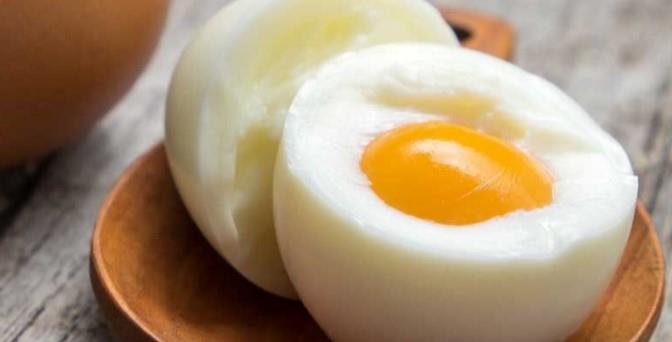Eggs can help to iron out problems
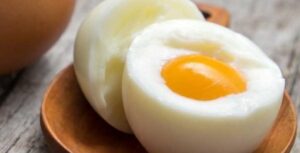
Many people with mild iron deficiency experience vague symptoms of tiredness, headaches and irritability. Iron is the carrier of oxygen in the blood and plays an important role in immunity, energy metabolism and many other functions in the body. The iron in egg yolk is in the form of heme iron, the most readily absorbable and usable form of iron in food and more absorbable than the form of iron in most supplements. This article continues in the next pages.
Eggs do not increase blood cholesterol
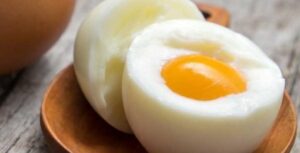
In the 1990s, eggs received a lot of bad publicity due to their cholesterol content of 210mg per egg yolk. Numerous studies have clearly demonstrated the lack of a relationship between egg intake and coronary heart disease.
To put things into perspective, it is important to realise that foods high in fat, especially saturated and trans fatty acids have a far greater impact on heart health than cholesterol in food. Eggs should be recognised as an inexpensive, versatile and easily digestible source of protein.
Eggs help to improve performance
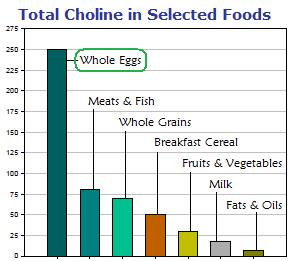
Eggs have a high satiety index, meaning they make you feel full for longer. One large egg supplies 6g of high-quality protein and a large variety of essential nutrients, with the exception of vitamin C. This is why teaming up a fruit or orange juice with an egg and whole-wheat/low GI bread provides the perfect breakfast to perform well in a challenging environment.
Eggs help to promote brain health
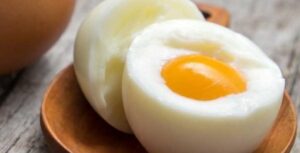
Choline is a nutrient that facilitates brain development in the foetus and newborn as well as memory function even into old age. Eggs are an excellent dietary source of choline, and one egg per day will provide 28% of a pregnant woman’s choline requirement.
Choline is of extreme importance during pregnancy and lactation when the reserves can be depleted. At the same time, it is the critical period for foetal brain development and lifelong memory enhancement. In experiments with rats, memory function in the aged rat was in part determined by what the mother ate. Mothers, the message is clear – make a lifelong investment and eat your eggs!
Eggs help to prevent cataracts and to protect eye -sight
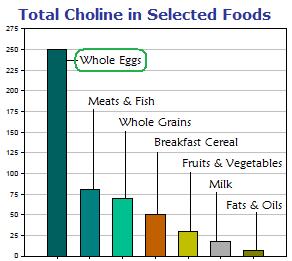
A good dietary intake of eggs, spinach, and broccoli is associated with a significant decrease in cataracts (up to a 20% decrease) and age-related lens and retinal degeneration, the leading cause of blindness in the elderly (up to a 40% decrease).
Eggs are a good source of the antioxidants lutein and zeaxanthin, which play an important role in keeping the eyes healthy. It accumulates in the eye where these nutrients protect against some types of harmful, high-energy wavelengths of light. Getting enough lutein and zeaxanthin is therefore very important from childhood onwards throughout the life cycle.
Eggs improve nutrient adequacy of the diet
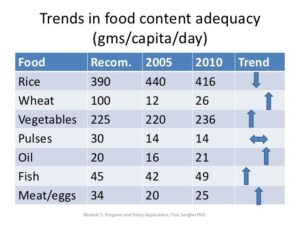
The nutrient density of eggs makes them a valuable contributor to a nutritious diet. A study among egg vs. non-egg consumers revealed that the diets of the non-egg consumers were more likely to fall short of vitamins A, E, and B12. Eggs contributed 10-20% of folate and 20-30% of vitamins A, E, and B12 among egg consumers. This study demonstrates the important role one food can play in ensuring nutrient adequacy.
Eggs can help to promote weight loss
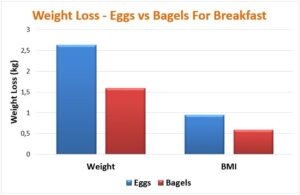
Eggs with toast have a 50% higher satiety index than regular breakfast cereals. Several studies have reported that starting the day with an egg breakfast increases satiety in overweight people and may help with weight loss.
